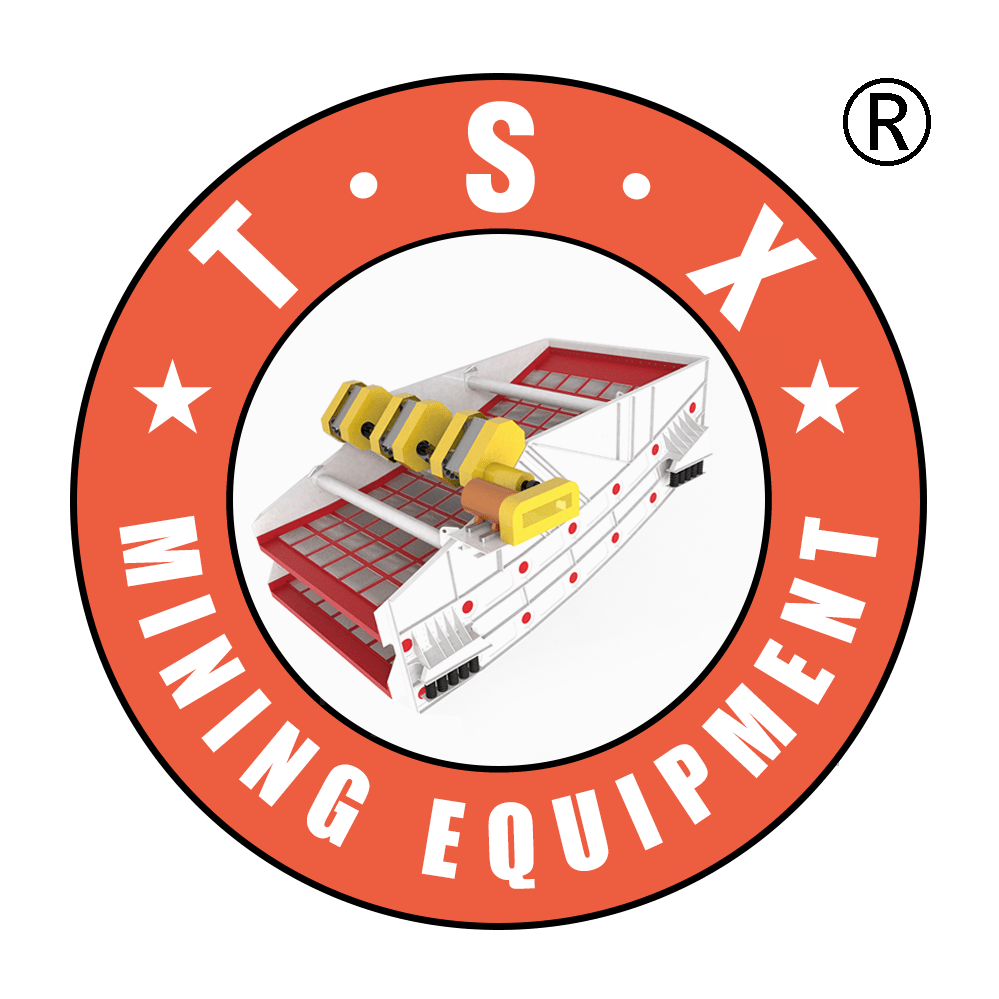Polyurethane Screen Panel are specialized components used in vibrating screens and screening equipment, particularly in industries such as mining, aggregate processing, and coal washing. These panels are made from polyurethane, a synthetic polymer known for its unique combination of properties, including elasticity, durability, and resistance to abrasion. Polyurethane screen panels are designed to replace traditional screen media materials like rubber and metal due to their enhanced performance in challenging and abrasive environments.
Polyurethane screen panels are engineered to provide a balanced combination of rubber-like elasticity and plastic-like durability. Their versatility and performance make them integral components in screening equipment, contributing to the efficiency and reliability of processes in diverse industries.
Polyurethane screen panels play a crucial role in various industrial applications, and one of their prominent uses is in coal washing plants, particularly in vibrating screens. These specialized panels contribute to the efficiency, durability, and overall performance of coal washing processes. In this exploration, we’ll delve into the significance of polyurethane screen panels in coal washing plants, focusing on their application in vibrating screens.
1.Overview of Coal Washing Plants:
Coal washing, also known as coal preparation or beneficiation, is a process designed to remove impurities and unwanted materials from raw coal. The objective is to enhance the quality of coal by reducing its ash and sulfur content, ultimately improving its combustion characteristics. Coal washing involves various stages, including crushing, screening, gravity separation, and flotation.
2.Importance of Screening in Coal Washing:
Screening is a pivotal stage in the coal washing process, as it allows for the separation of coal particles based on their size. Different size fractions of coal are desirable for specific applications, and screening ensures that the coal meets the required specifications. Vibrating screens are commonly employed in this stage due to their ability to efficiently separate coal particles according to size.
3.Polyurethane Screen Panels in Vibrating Screens:
Polyurethane Screen Panel are widely used in vibrating screens within coal washing plants for several compelling reasons:
Wear Resistance: The abrasive nature of coal and the constant movement in vibrating screens necessitate wear-resistant materials. Polyurethane, with its exceptional wear resistance, ensures prolonged durability in the demanding conditions of coal washing.
Elasticity and Flexibility: Vibrating screens experience dynamic forces and continuous vibrations. Polyurethane’s rubber-like elasticity allows the screen panels to absorb impact, conform to irregular surfaces, and withstand the constant movement without permanent deformation. This flexibility contributes to the longevity of the panels.
Efficient Screening: Polyurethane screen panels offer precise and efficient screening capabilities. The material’s flexibility allows for effective particle separation, ensuring that coal is classified into the desired size fractions with high accuracy.
Reduced Downtime: The durability of polyurethane translates to reduced downtime and maintenance costs. With minimal wear and tear, the screen panels can operate for extended periods, contributing to the overall efficiency of the coal washing plant.
4.Specific Applications in Coal Washing Plants:
Polyurethane screen panels find application in various sections of coal washing plants, including:
Raw Coal Screening: In the initial stages of coal washing, polyurethane screen panels are used to screen raw coal. The panels efficiently separate oversized and undersized coal particles, allowing for the removal of impurities.
Desliming Screens: Desliming is a critical step to remove fine particles and silt from coal. Polyurethane screens, with their effective screening capabilities, are employed in desliming screens to enhance the purity of the coal product.
Dewatering Screens: Dewatering screens are utilized to remove excess moisture from washed coal. Polyurethane screen panels, with their ability to withstand moisture and resist corrosion, play a key role in the dewatering process.
Fine Coal Centrifuges: Polyurethane screen panels are also used in fine coal centrifuges, contributing to the efficient separation of fine coal particles based on density.
5.Advantages of Polyurethane Screen Panels in Coal Washing Plants:
The use of polyurethane screen panels in coal washing plants offers several advantages:
Extended Service Life: Polyurethane’s wear resistance ensures a longer service life for screen panels, reducing the frequency of replacements and associated downtime.
Reduced Maintenance Costs: The durability of polyurethane translates to lower maintenance costs, contributing to the overall cost-effectiveness of coal washing operations.
Efficient Particle Separation: Polyurethane’s flexibility and precise screening capabilities contribute to efficient particle separation, ensuring that the coal product meets quality specifications.
Resistance to Moisture and Corrosion: In dewatering applications, polyurethane’s resistance to moisture and corrosion is particularly beneficial, ensuring reliable performance in wet conditions.
6.Conclusion: Enhancing Efficiency in Coal Washing:
Polyurethane screen panels play a pivotal role in enhancing the efficiency and reliability of coal washing plants, especially in vibrating screens. Their unique combination of rubber-like elasticity and plastic-like durability makes them well-suited for the dynamic and abrasive environment of coal processing.
As the coal industry continues to evolve and environmental considerations gain prominence, the use of advanced materials like polyurethane becomes increasingly important. By improving the screening process, reducing downtime, and enhancing the overall performance of coal washing plants, polyurethane screen panels contribute to sustainable and efficient coal processing, aligning with industry demands for higher-quality coal products.

